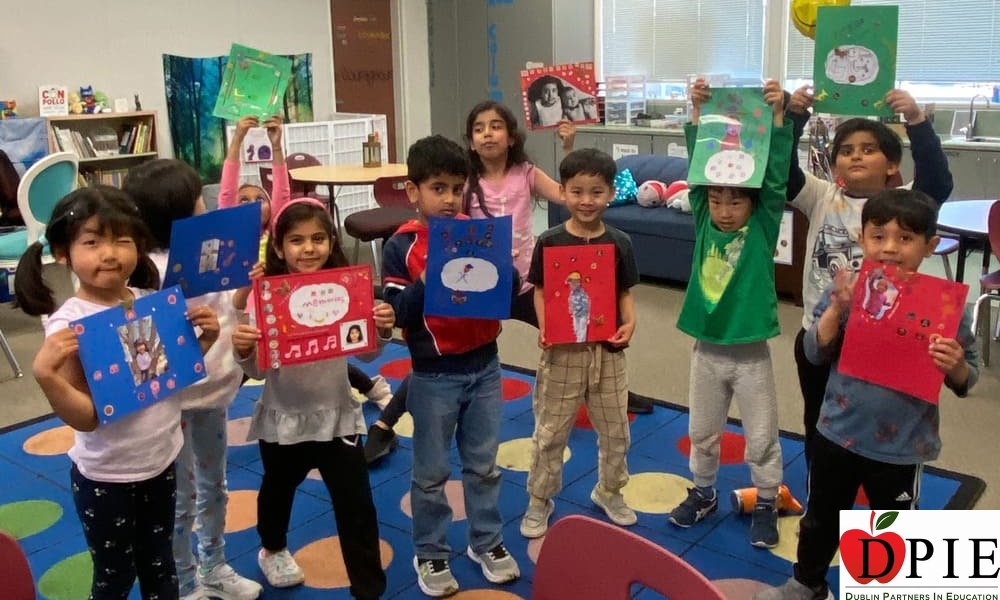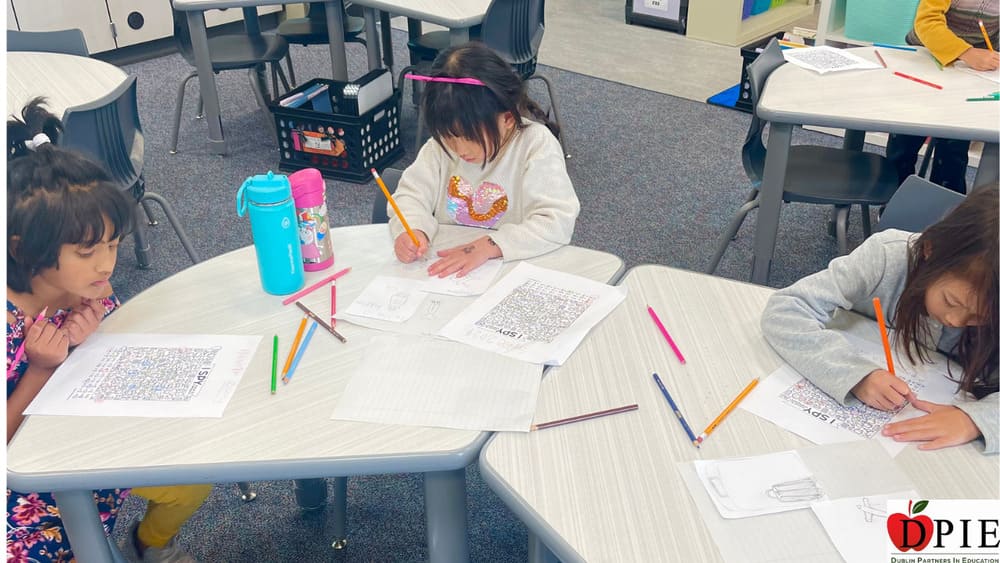Think Like a Historian encourages students to analyze historical events, sources and perspectives critically. This approach fosters a deeper understanding of history’s complexities, promotes thoughtful discussions, and develops essential skills in research, interpretation, analysis, and evaluation.

Grade
1-5
Ages
6-11
Student to teacher ratio
20:1
Min. 8 and Max. 20 students
Session duration
45-90 mins
Adjusted based on school requirements
Frequency
1-2 times per week
Think Like a Historian involves students in critically examining history, enriching their comprehension and discussions. Here, students have the opportunity to engage in insightful discussions about their favorite leaders, eras, and circumstances from history. New and exciting topics will be covered in every session, including discussions on Democrats and Republicans and other fascinating historical themes. To ensure each class is both interactive and informative, our expert teachers actively encourage active participation through group discussions, debates, and hands-on activities. This course fosters a deep love for history, refining critical thinking for active engagement with the world.
What happens in the class
In our dynamic classes, students actively participate in insightful discussions about their favorite leaders, eras, and historical circumstances. Throughout each session, students delve into new and interesting themes through interactive videos and engaging PowerPoint presentations. These visual aids enhance their understanding of historical concepts, making classes more lively, interactive, and enriching. Students are empowered to analyze, question, and engage with the world around them. Personalized attention is given to each student through one-on-one guidance during activities, and individualized feedback on assignments ensuring every student receives support for their academic growth.

Student outcomes
Evaluate data, develop critical thinking about past events, and analyze their present impact.
Reflect on historical events and timelines from diverse perspectives for a deeper understanding.
Interpret historical data to grasp continuity and change over time, fostering confident discussions.